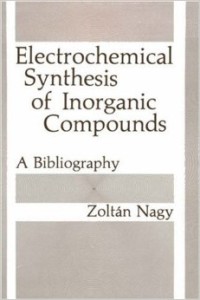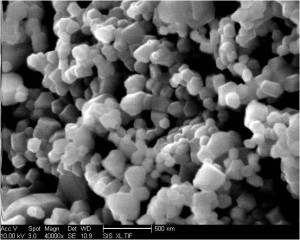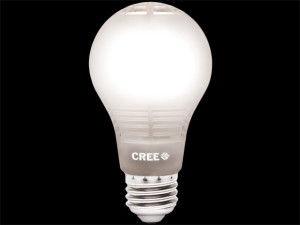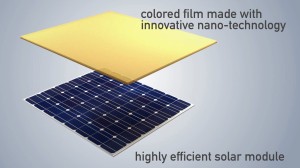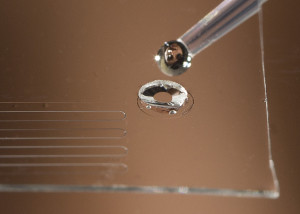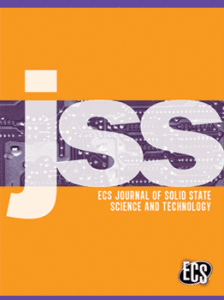
The ECS Journal of Solid State Science and Technology (JSS) is one of the newest peer-reviewed journals from ECS launched in 2012.
Printing technologies in an atmospheric environment offer the potential for low-cost and materials-efficient alternatives for manufacturing electronics and energy devices such as luminescent displays, thin film transistors, sensors, thin film photovoltaics, fuel cells, capacitors, and batteries.
This focus issue will cover state-of-the-art efforts that address a variety of approaches to printable functional materials and devices.
Topics of interest include but are not limited to:
- Printable functional materials: metals; organic conductors; organic and inorganic semiconductors; and more
- Functional printed devices: RFID tags and antenna; thin film transistors; solar cells; and more
- Advances in printing and conversion processes: ink chemistry; ink rheology; printing and drying process; and more
- Advances in conventional and emerging printing techniques: inkjet printing; aerosol printing; flexographic printing; and more
Deadline for submission of manuscripts is November 30, 2014.


